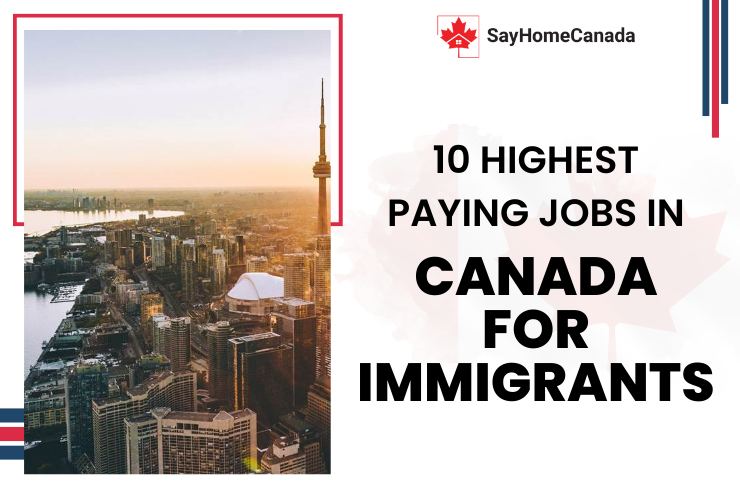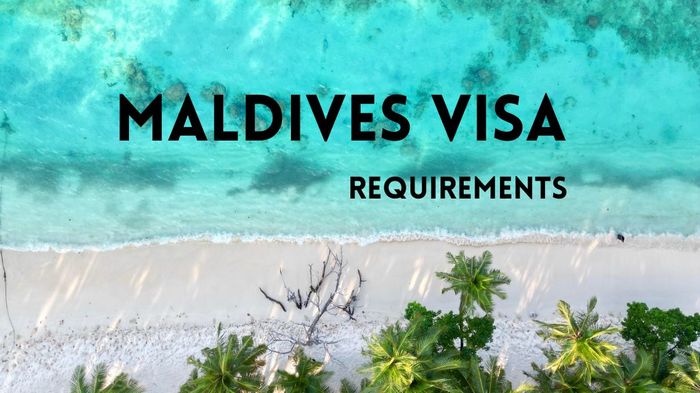Canada offers several pathways for foreign nationals to reunite with their spouses or partners. One of the most common routes is through the Canada Marriage Visa, also known as the Spousal Sponsorship Visa.
This visa allows Canadian citizens or permanent residents to sponsor their spouse, common-law partner, or conjugal partner to live in Canada. Understanding the various ways to obtain a Canada marriage visa is crucial for ensuring a smooth and successful immigration process.
For those married to Canadian citizens or permanent residents, obtaining a marriage visa is one of the pathways to join their spouse in Canada. The process, however, involves several steps and requirements that need to be carefully followed.
Here’s a detailed guide on how to get a Canada marriage visa.
1. Outland Spousal Sponsorship
The Outland Spousal Sponsorship program is one of the most popular options for couples where one partner is living outside Canada and the other is a Canadian citizen or permanent resident. This route allows the spouse or partner to apply for a visa from outside Canada.
How It Works:
- Eligibility: The Canadian sponsor must be a citizen or permanent resident of Canada.
- Application Process: The sponsor applies to Immigration, Refugees, and Citizenship Canada (IRCC) for sponsorship, while the applicant (the foreign spouse) submits an application from their home country or a third-party country.
- Approval: The process involves submitting documents proving the relationship’s genuineness, such as marriage certificates, photographs, and communication records. The IRCC processes the application and may request interviews or additional documents.
Advantages:
- Applicants do not have to be in Canada during the process.
- The spouse can remain in their home country until the visa is approved.
Disadvantages:
- The processing time can be longer as the application must go through the visa office of the applicant’s country.
2. Inland Spousal Sponsorship
For those who are already in Canada, the Inland Spousal Sponsorship is an excellent option. This program is for couples where one spouse is already residing in Canada on a temporary visa (such as a visitor, student, or work visa) and wants to stay in the country while their spousal sponsorship application is being processed.
How It Works:
- Eligibility: The sponsor must be a Canadian citizen or permanent resident, and the applicant (spouse) must be in Canada on a valid status (temporary resident).
- Application Process: The application is submitted to IRCC, and the spouse can stay in Canada while the application is processed.
- Open Work Permit: Applicants can apply for an open work permit during the process, allowing them to work in Canada while they await the decision.
Advantages:
- The foreign spouse does not need to leave Canada during the application process.
- Applicants can work in Canada while waiting for the decision.
Disadvantages:
- The process may take longer compared to Outland sponsorship.
3. Conjugal Partner Sponsorship
The Conjugal Partner Sponsorship is designed for couples who have been in a genuine and committed relationship but have been unable to live together due to extenuating circumstances, such as travel restrictions, cultural or legal barriers, or family obligations.
How It Works:
- Eligibility: Applicants must prove that their relationship is genuine and that they have been unable to live together for legitimate reasons. The foreign partner must demonstrate that they have been in a relationship for at least one year, similar to a common-law partner.
- Application Process: The application is submitted like other sponsorship programs, but applicants will need to provide substantial evidence of the relationship's authenticity.
Advantages:
- This program is for those who may not qualify for other types of sponsorship due to unusual circumstances.
- It allows couples to reunite despite geographic or legal challenges.
Disadvantages:
- Proving the relationship’s legitimacy can be more challenging and may require extensive documentation.
4. Marriage to a Canadian Citizen or Permanent Resident
For many foreign nationals, the simplest way to obtain a Canada marriage visa is to marry a Canadian citizen or permanent resident. The Marriage to a Canadian Citizen or Permanent Resident program allows couples to apply for a spousal visa after marriage.
How It Works:
- Eligibility: To qualify for the marriage visa, one spouse must be a Canadian citizen or permanent resident. Both partners must prove the legitimacy of their marriage.
- Application Process: The Canadian spouse sponsors the foreign spouse by submitting an application to IRCC. The application must include proof of the marriage, such as a marriage certificate, photographs, and other supporting documents.
Advantages:
- Straightforward if the couple is legally married.
- Allows the foreign spouse to reunite with their partner in Canada.
Disadvantages:
- The IRCC requires evidence that the marriage is genuine and not for immigration purposes. This can sometimes result in delays or additional scrutiny.
5. Common-Law Partner Sponsorship
If you and your partner have been living together for at least 12 consecutive months in a marital-like relationship, you can apply for a Common-Law Partner Sponsorship. This option is ideal for couples who have not married but have lived together in a committed, long-term relationship.
How It Works:
- Eligibility: Both individuals must have lived together for a continuous period of at least 12 months, and the relationship must be genuine.
- Application Process: The process is similar to the spousal sponsorship application, with the primary difference being the requirement to prove cohabitation for 12 months.
Advantages:
- Ideal for couples who are not married but have lived together in a committed relationship.
Disadvantages:
- Proving the relationship’s legitimacy and cohabitation can require extensive documentation, including joint bank accounts, utility bills, or lease agreements.
6. Sponsor a Dependent Child to Join You in Canada
In some cases, spouses who have children from previous relationships can apply for a Dependent Child Visa. This visa allows the child to join their parent and their spouse in Canada. While it’s not directly related to the marriage visa itself, it is important for families looking to reunite.
How It Works:
- Eligibility: The child must be under the age of 22, unmarried, and dependent on the sponsor.
- Application Process: The application for the child is submitted along with the spousal sponsorship application. The Canadian citizen or permanent resident must prove that they can financially support their child.
Advantages:
- It allows families to reunite as a whole.
Disadvantages:
- The child’s application is subject to the same scrutiny as the spousal visa, requiring proof of dependency and legitimacy.
7. Processing Times and Factors to Consider
While there are several ways to obtain a Canada marriage visa, it’s important to understand the factors that affect processing times. Processing times can vary depending on several factors:
- Type of Sponsorship: Outland and inland applications may have different timelines.
- Completeness of Documents: Incomplete applications can result in delays.
- Verification of Relationship: The IRCC may request additional information or conduct interviews, which can extend processing time.
Conclusion
There are various ways to get a Canada marriage visa, whether you’re applying from abroad or already residing in Canada. The process involves proving the genuineness of your relationship and meeting the necessary eligibility criteria for the specific visa type you are applying for. Whether you choose an outland or inland spousal sponsorship, the guidance of an experienced immigration lawyer can be invaluable to help navigate the complex requirements, gather necessary documents, and ensure a smooth application process. By choosing the right sponsorship program and submitting a well-prepared application, you can successfully bring your spouse or partner to Canada.





